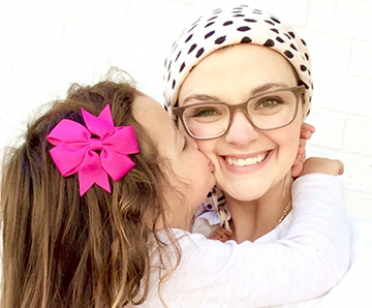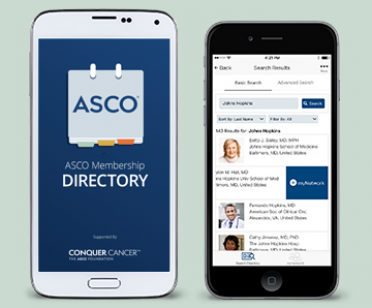Title
Providing Survivorship Care in Clinical Practice
Survivorship care should begin at the time of cancer diagnosis. Starting early allows the patient, oncologist, and primary care physician (PCP) to lay the groundwork for better continuity of care both during and after treatment. At the time of diagnosis, the oncologist should identify and communicate with the patient’s PCP (or establish one if necessary) and recommend continued follow up with their PCP that occurs early in a cancer diagnosis and consistently throughout treatment to ensure ongoing preventative care and management of comorbidities. Principles of self-care/self-monitoring should be utilized to empower patients to have active engagement in their follow up care.
This section aims to assist oncologists and other clinicians in implementing high quality survivorship care programs by describing various models of care and detailing the advantages and disadvantages of each as well as addresses potential barriers to implementation and assists with the identification of existing and needed resources. Additionally, this section provides survivorship guidelines, tools, and resources to support the delivery of survivorship care.
FEATURED













